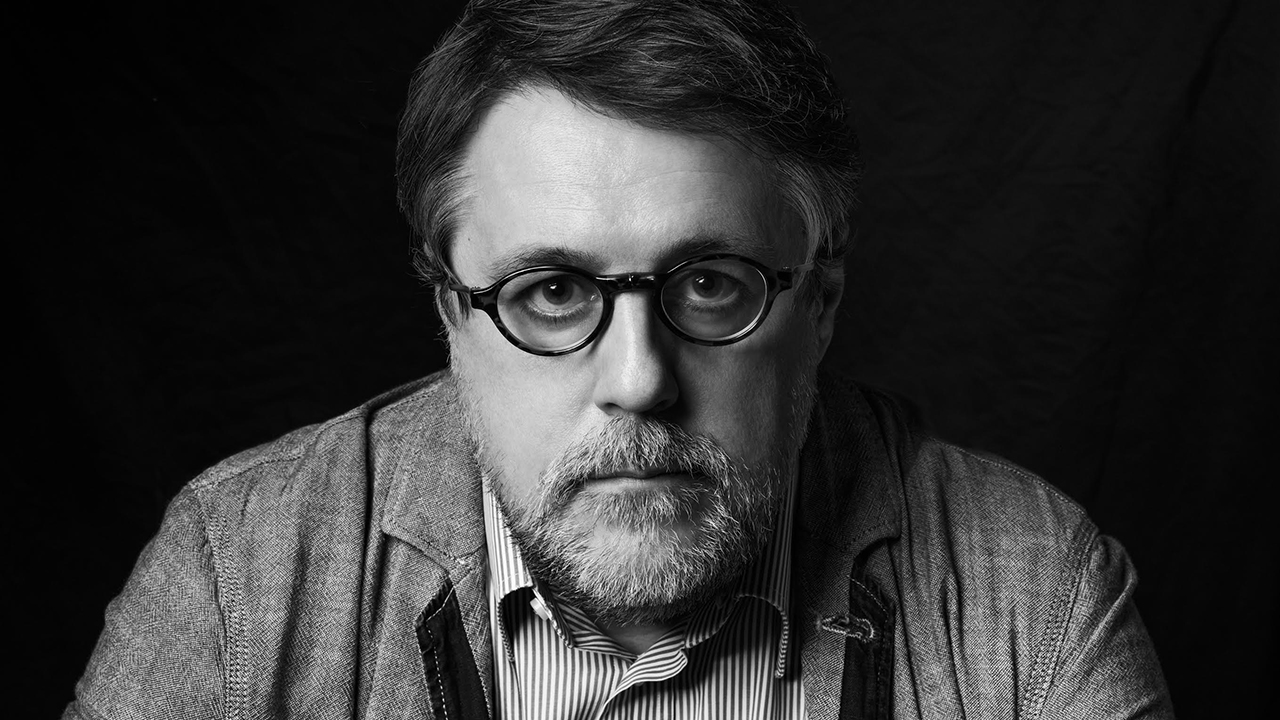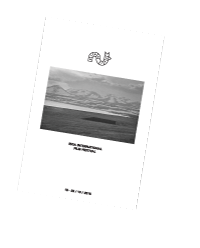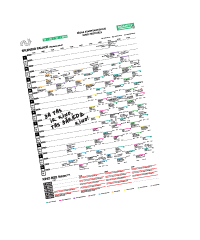
Vitaly Mansky: “Riga IFF will host the Artdocfest that wouldn’t be possible in Russia!”
This year the Riga International Film Festival will host the Artdocfest documentary film competition program. These are the best Russian-language documentaries made over the past year that are difficult or even impossible to screen in Russia.
One of the main goals of Artdocfest is to encourage the freedom of public debate on important social and humane issues. Due to the recent political events in Russia it has become impossible not only to hold such a debate but also organize the festival itself, which is why Riga has now become the world’s capital of Russian documentaries. “It’s paradoxical that most of the films in the program directly relate to Russia but cannot be showed in this country,” said the festival’s president, also film director and producer himself, Vitaly Mansky. The reason for this is quite obvious: screenings in Russian would threaten the careers and even lives of the authors and the heroes of their films. Thus, ironically, the real Russia of today is shown in films often made thousands of miles away from its borders.
Vitaly Mansky was born Lviv, Ukraine, in 1963. After studying at the VGIK, he worked in television, in the following years authoring more than 30 documentaries that have received a wide range of awards, including from festivals in Locarno, San Francisco, and Saint Petersburg, and screened in Amsterdam and Cannes.
In the spring of 2014 he signed an open letter “We are with you!”, thus taking a firm stand on what was and still is happening in Ukraine.
The festival, established in 2007, showcases Russian-language documentaries, but has had to in recent years include those produced in other parts of the world, as the number of quality homegrown productions shrinks rapidly. The festival focuses the evolution of the creative language of the documentary medium.
On November 19 2014, the Russian Culture minister Vladimir Medinsky announced that the state would cut all support to any project involving Vitaly Mansky, including Artdocfest, the official reason being Mansky’s “anti-governmental actions”, a term which, until now, have not been fully explained. “Mansky has no right to ask money from the state whose position he rejects,” emphasized the high official, thus putting an end to the festival’s existence on the Russian soil. Meanwhile, the importance of the festival has long been obvious: during the years the festival took place in Russia, its jury has featured such prominent members of the art world as the artist Oleg Kulik, and the winner of the Venice film festival and the USA Academy Award nominee Andrei Zvyagintsev.
Through the collaboration of both festivals – Riga IFF and Artdocefest, the program this year is set to raise various questions beyond political comfort zone: is dictatorship the only possible form of political administration in Chechnya?; do people have a right to happiness even if their sexuality isn’t conventional?; what is the life of drug addicts in a state where drug abuse officially is non-existent?
This year the program will also feature Mansky’s own latest film “Iconoscope” that aims to reveal the magic power of television, which cannot be escaped by anyone, apart from, perhaps, those living in the Amazon rainforests. Also, most of the authors whose films will be shown at the festival are said to visit Riga to join audiences to discuss their films, Russian politics, and topics which not only should, but also must, be raised among the Latvian public as well.
The complete program of Artdocfest – seven of the most interesting documentaries of the past year – is available on the Riga International Film Festival’s website, rigaiff.lv
Film screenings will take place October 17-23 at the Small Auditorium of the Splendid Palace theatre, every night at 9pm.
Tickets to all screenings will be available, starting October 1; until then the festival is offering a special Festival Pass to all of the festival’s films. The price of the pass is 25 euros; only 100 passes are available, and only before October 1.

